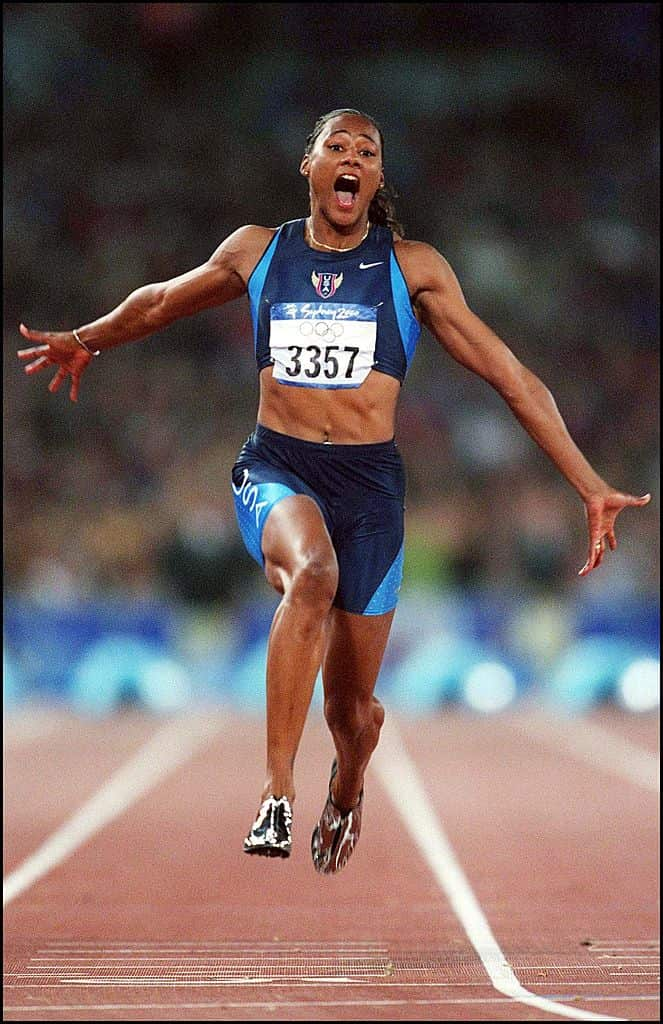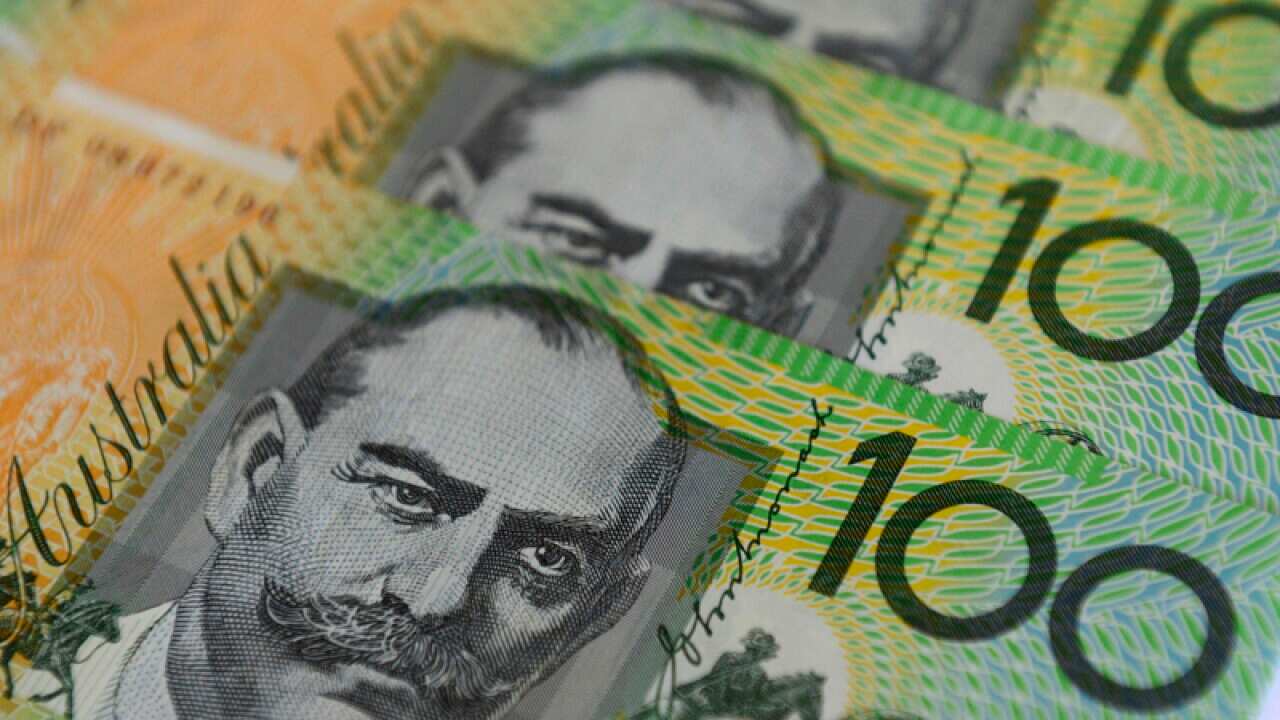1970s: East German athletes

East German shot putter Heidi Krieger. Source: Getty Images, Bongarts
In the two decades from 1968 and 1988, the East German team brought in s from the summer and winter Olympics.
But along with the medals came caused by years of steroid abuse, including heart conditions, liver cancer, organ damage, severe depression, hormonal changes and infertility.
Swimmer Kornelia Ender, who won four gold and four silver medals at the 1972 and 1976 Olympics, has revealed she started receiving injections at the age of 13, while weightlifter Roland Scmidt took so many steroids he grew 36DD breasts and had to have them surgically removed.
They had been given Oral-Turinabol, a steroid produced by pharmaceutical firm Jenapharm, which was approved for some illnesses but not meant as a performance enhancer.
Shot-putter Heidi Krieger started to receive steroids at the age of 16. In 1986, the year she became the European champion, .
As a result of the long-term hormone abuse, she was left with all the traits of a man, and when she retired from the sport in 1990, Heide had a sex-change operation and now lives as Andreas.
Andreas has said he is unsure whether he would have remained a woman or not, but that choice was taken away from him by his coach when he was a teenager.
"They told us they were vitamins, and we believed them."
1980s: Ben Johnson

Canadian sprinter Ben Johnson during the 1988 Seoul Olympic Games. Source: Getty Images, AFP
Three days later he was stripped of his gold medal when it was announced he had , and sent home in disgrace.
The medal was awarded to the second place finisher, his bitter rival Carl Lewis from the USA.
But Lewis should also have been disqualified because he, Johnson and several other racers all failed drug tests during the Olympic trials.
The only medallist who was American Calvin Smith, who got the bronze medal. The race became known as the ''.
Johnson has admitted years of steroid use, but believes he was unfairly singled out for punishment when drug use was widespread.
“The whole world painted me as a loser, and a cheater, but I wasn’t alone when it came to the cheating,"
"There were others. Everybody was doing it. People know this now, but back then the media made it look like I was the only one. It was hard. It tested me, but God gave me strength.”
1990s: The Chinese women's swim team
In the early 1990s China's swimmers suddenly began winning medals, and by the mid-1990s China's well-muscled female swimmers ruled the pool.
At the 1992 Barcelona Olympics, China won four gold medals, and two years later the Chinese women took home 12 of the 16 world championship medals in Rome.
But at the 1994 Asian Games, for banned substances dihydrotestosterone or DHT, a powerful anabolic steroid, and four more swimmers were caught using drugs at the after 13 vials of human growth hormone were found in the luggage of breaststroker Yuan Yuan.
Just before the 2000 Sydney Olympics, China withdrew four swimmers from its Olympic team due to 'suspicious' drug test results.
Overall, more than - three times more than any other nation's swim team in the same period.
2000s: Marion Jones

American athlete Marion Jones in the women's final 100m in Sydney. Source: Getty Images, Gamma-Rapho
The American track star won five medals - three gold and two bronze - at the Sydney Olympics. Jones appeared on the and racked up lucrative sponsorships, becoming one of the sport's first female millionaires.
Eight years later it all came crashing down when she was sentenced to six months in jail for lying to investigators about her steroid abuse.
In 2003 a federal investigation into illegal steroid distribution by the Bay Area Laboratory Co-operative (BALCO) led to allegations by BALCO founder Victor Conte and Jones's ex-husband CJ Hunter, that the sprinter used banned substances.
Jones, who had never failed a drug test at that time, denied the allegations. But in 2007 she pleaded guilty to lying to investigators about her drug use and admitted having taken steroids.
In a letter sent to her family and friends on the eve of a court hearing, , for two years as she prepared for the 2000 games.
She claimed she was unaware at the time that the drug was a banned substance, and said her coach Trevor Graham gave her the drug, telling her it was .
In court she said that by November 2003 she realised he was giving her performance-enhancing drugs.
"I have let my country down and I have let myself down," Jones, who was stripped of her medals,
2010s: Russia
More than 100 Russian track and field athletes have been banned from the 2016 Rio de Janeiro Olympics following an investigation into a state-run doping program.
At least were given a cocktail of steroids, , designed to give them an undetected edge over their rivals.
The mix of oral turinabol or trenbolone, oxandrolone and methasterone was dissolved in alcohol (Chivas whisky for the men and Vermouth for the women) which was then swilled in the mouth so that it was absorbed by the bucal membrance and then spat out to avoid detection.
The state-sponsored deception was detailed in the , which accuses Russian officials of running a doping program from 2011 to 2015.
, where deputy president William Ruto has promised tough punishment for dope cheats who tarnish the country's image at the Rio Games.












